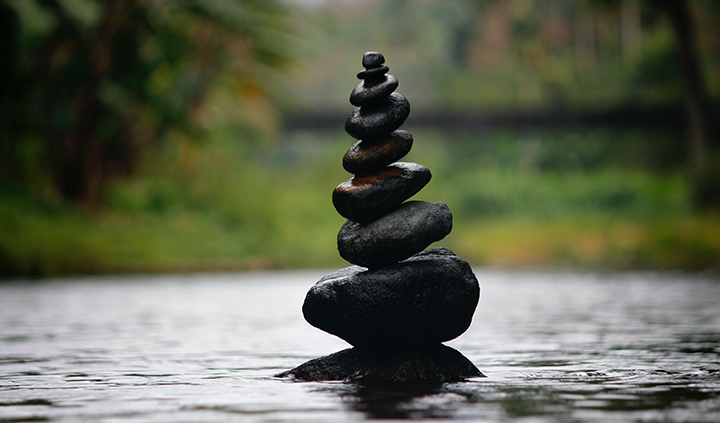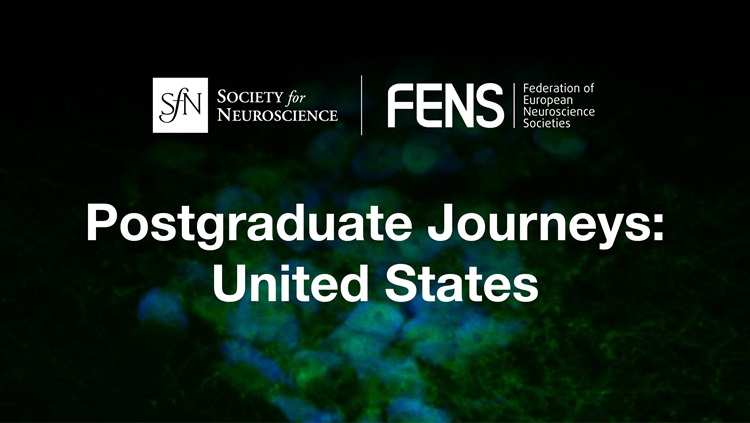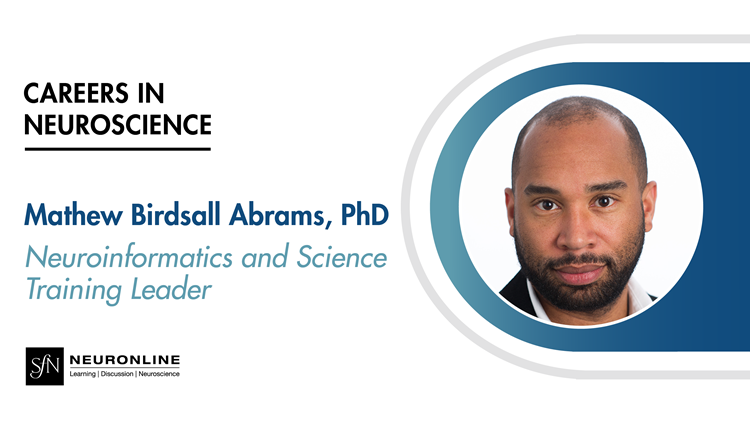
When my son was born, during the height of the COVID-19 pandemic in New York City, I thought that the majority of my work-life balance would topple towards “life.” However, as the world shook with fear of the pandemic, it was also ignited with the tensions of racism. While my husband, a physician-scientist, left the family to serve on the hospital frontlines, I was called to the frontlines to advocate for the Black community.
During this period, out of sheer necessity, all of the lessons I had learned surrounding work-life balance came to a zenith.
One task at a time
I am a recovering multitasker. As a neuroscientist, I am aware that the barrage of competing stimuli involved in multitasking could slow down my task completion. But, as a mom, scientist, mentor, and wife, multitasking served as my modus operandi.
Recovering from multitasking has shown me that when my mind is preoccupied with impending duties, I can’t fully enjoy and engage in the present. To be an effective mentor, I have to shift my attention from worrying about responsibilities — finding childcare, reviewing grants, and creating lecture materials — until I can focus fully on them. Similarly, trying to read a paper with a child on my lap isn’t being “Supermama,” it is splitting precious time.
I’ve learned that when I focus on one task at a time, I can give that task my full attention, which is a reflection of my best self.
Be the bonsai version of the oak
We are living in unique and challenging times (and have been for years), but biology has a beautiful ability to adapt. Although completing just one task at a time is optimal, we are all susceptible to the proverbial “wrench in our plans.”
In neuroscience, flexibility is esteemed as a direct reflection of mature executive function. As a trainee, a mentor told me to be the bonsai version of the oak. The oak is strong, but if it doesn’t bend when the wind blows, it will be easily uprooted. The bonsai, although small, moves with the wind, adapting to changes. Combine the two, and you will be strong and nimble.
In my personal and professional lives, this looks like thoughtfully listening to all the important players — from life to lab — and prioritizing my actions and time based on a dynamic understanding of all the things orbiting in my ecosystem. This combination of open communication and constant reprioritization enables me to adapt to whatever situation arises. While many may wish to emulate an oak, I think those of us who channel the bonsai will gracefully persevere and spark joy in those around us.
A flawless execution of the basics
I struggled to write this article because work-life balance seemed like a topic too close to home to address generally. How could I cover such an important topic with veracity?
I had a similar feeling leading up to my PhD thesis defense. I stared at my computer screen with bleary eyes as I sought perfection with every click of the mouse. My brother, a lieutenant in the military, pulled me from the presentation mode mire and insisted I apply his military motto to my approach: a flawless execution of the basics. Every extra frill is icing on the cake, but if the batter isn’t good, it doesn’t matter. When I’m overwhelmed or feel out of balance, I always come back to the basics.
Lessons in work-life balance
As both the pandemic and protests against racism continued, my family had no choice but to adapt. In my one-task mindset, I allowed myself to step out of the glorious role of new parent and into the fulfilling position of leader in human equity. Letting go of the constraints of perfection, I focused on the execution of advocacy. Being open to that flexibility allowed me to use my voice, my writing, and my discoveries to comprehensively serve the scientific community.
As junior faculty running a growing lab, my balance of work and life will continue to evolve as demands increase, but time remains resolute. Work and life don’t have to be mutually exclusive, nor do I believe should they be.
I hope that all people find a job as fulfilling as the one I have found in science, allowing science to be part of my life and my life to influence my science. This balance is about bringing your best to every situation, whether it’s on a stage speaking about our discoveries, or bowing to kiss foreheads at bedtime.








